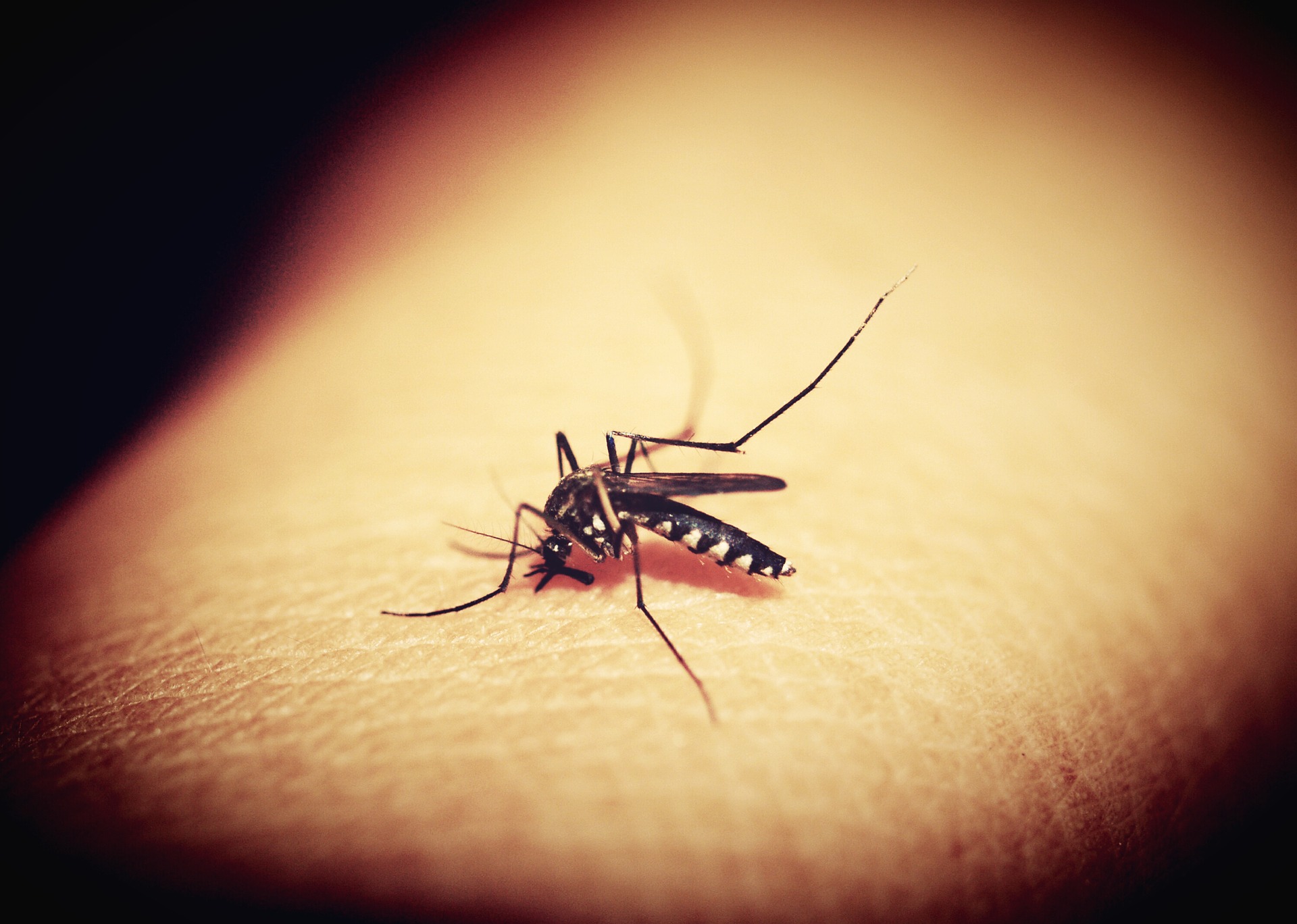MONTGOMERY, Ala. – The Alabama Department of Public Health (ADPH) confirmed Friday its first case this year of Eastern equine encephalitis (EEE). A Baldwin County resident, who became ill in September, has died from this mosquito-borne virus. Earlier this year, EEE activity was reported in a mosquito sample and sentinel chicken from Mobile County and a horse from Houston County. This case marks the first human EEE case in an Alabama resident since 2014.
Severe cases of EEE virus infection (EEE, involving encephalitis, an inflammation of the brain) begins with the sudden onset of headache, high fever, chills and vomiting. The illness may then progress into disorientation, seizures and coma. Approximately a third of patients who develop EEE die, and many of those who survive have mild to severe brain damage. It takes 4 to 10 days after the bite of an infected mosquito to develop symptoms of EEE.
All residents of and visitors to areas where EEE virus (EEEV) activity has been identified and people who engage in outdoor work and recreational activities in endemic areas are at increased risk of infection. Persons over age 50 and under age 15 seem to be at greatest risk for developing severe disease when infected with EEEV.
Horses are susceptible to EEEV infection and some cases are fatal. EEEV infections in horses, however, are not a significant risk factor for human infection because horses (like humans) are considered to be “dead-end” hosts for the virus (i.e., the concentration of virus in their bloodstreams is usually insufficient to infect mosquitoes). Horses may be vaccinated to protect them against EEE.
According to Dr. Sherri Davidson, ADPH interim state epidemiologist, just because the case counts are low for Alabama, it should not deter people from continuing to take precautions to avoid being bitten by mosquitoes. “Outdoor activities are increasing as the weather becomes more pleasant, like community youth league sports, fall festivals, hunting, and of course, football season. The best treatment is prevention,” Dr. Davidson said.
Savannah Duke, ADPH public health entomologist, recognizes that people want to enjoy the outdoors and avoiding mosquitoes altogether is not practical. She said, “The most important information to know is how to protect yourself and your family from mosquito-borne diseases.”
She recommends the following strategies for reducing mosquito exposure:
- Use insect repellent containing DEET, picaridin, IR3535 or oil of lemon eucalyptus on exposed skin and/or clothing. The repellent/insecticide permethrin can be used on clothing to protect through several washes. Always follow the directions on the package.
- Wear long sleeves and pants when weather permits.
- Have secure screens on windows and doors to keep mosquitoes out.
- Get rid of mosquito breeding sites by emptying standing water from flowerpots, buckets, barrels and other containers. Drill holes in tire swings so water drains out. Keep children’s wading pools empty and on their sides when they aren’t being used.
For more information, go to alabamapublichealth.gov/mosquito.
































